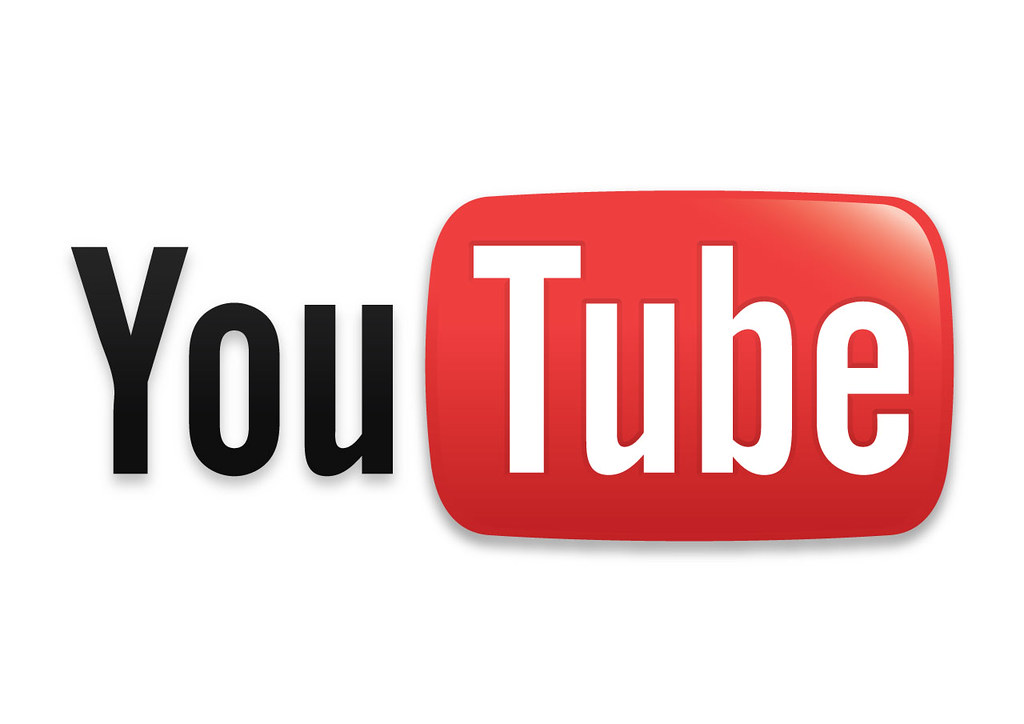In the early 2010s (and even before), YouTube was a place to just share your talents with random people who might be interested. In recent years, it has simply become a marketing ploy – large corporations are making the money and using the algorithm. YouTube shows new users mainly corporate videos that, not surprisingly, have millions of views.
Many creators have simply just given up on YouTube because they can no longer support themselves on the platform anymore. Gamers and Streamers have permanently moved to Twitch, a website that focuses on live-streaming.
Here is some economic information I found about why they might have made this switch:
Twitch
- Subscribers: Each subscriber brings in $5 per month. Twitch takes 50%, so the streamer gets $2.50 per subscriber. This is only the standard contract though and may vary for larger streamers. Large streamers on the platform can have thousands, even tens of thousands of subscribers.
- Donations: Up to the donator for how much they pay, but generally around $1-$10 for most donations. 100% of donation money goes to the streamer. Big streamers can make over $1,000 per day from donations.
- Bits: Bits are Twitch’s built-in donation system. They are generally less used and pay in smaller amounts. Twitch takes a 29% cut.
- Ads: These work the same as YouTube, appearing at the beginning of the stream. These don’t end up paying as much but still represent a good chunk.
YouTube
- Super Chat: This is essentially YouTube’s built-in donation system. YouTube takes 30%, compared to Twitch’s 0% for most donations.
- Members: Members are to YouTube what subscribers are to Twitch. YouTube again takes 30%, which is less than Twitch, but the members system is not used anywhere close to as much as Twitch subscriptions are.
- Ads: For some people, these are worse on YouTube than they are on Twitch. Ads are also nonexistent for channels YouTube has deemed “demonetized.”
The Beauty and the Ugly
Beauty gurus have focused more on their makeup lines and brand deals, and vloggers have simply found some deals with publishers to write books. Many of the first big YouTubers, who began in the early years, have generally quit YouTube for mental health reasons or to just stop being associated with the new YouTube as they grow older and more their content distant from the recent trends. Unless a small channel gets exposure from a video that blew up or a larger channel giving them a shout-out, they don’t stand a chance against the ever-changing rules and regulations set by YouTube.
YouTube has gotten a bad reputation simply because of a few major creators having scandals (that have since made sponsors reluctant to have their brands be promoted by them), such as YouTuber, Logan Paul, filming a dead body, or the arrest of Jaystation after faking his girlfriend’s death for views, or even the harmful robbery ‘prank’ a few months ago that left a YouTuber dead. There are plenty more scandals that have to lead to some of YouTube’s bad reputation.
Targeting Young Audiences
Because of these types of creators, YouTube allows for corporations to be promoted on the recommendation page, simply because these corporations are targeted at kids (as one YouTuber puts it, they view the kids as a statistic and not real children who could be benefiting from real learning videos. This uptick in child audiences has made it easy for corporations to spew several ‘music videos’ a day with the same simple, no-brainer lyrics and tune.)
Even though they get the attention and views, this type of kid-based content doesn’t get ad revenue due to one of YouTube’s new policies, which doesn’t allow targeted ads on content made for kids.
Other channels, such as Dude Perfect, have managed to keep content kid-friendly and their videos monetized. Dude Perfect has even managed to snag some of the biggest sponsorships with companies like Nerf, Dr. Pepper, and Pringles. Gradually, this success came from 12 years of making a name for themselves.
In all, YouTube is clearly not the same platform it was 5 years ago. It’s clear that YouTube is trying to steer its creators in a direction that conforms creativity being posted on the site. Some major channels can keep up with the ever-changing demands, while smaller channels start to struggle to get exposure from the algorithm. However, corporate channels on YouTube manage to keep the algorithm recommending their content because of their cookie-cutter style videos, which others are beginning to conform to in order to get recognition on the platform.
So, ask yourself — how corporate really is YouTube?

Hi! My name is Alexis Taylor, and I’m a staff writer for The Mycenaean. I am also a volunteer video editor for my church. I love older music, TV shows, and movies!



Leave a Reply